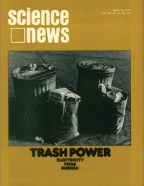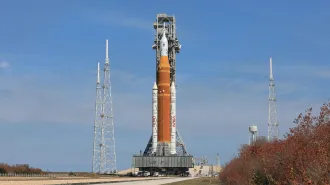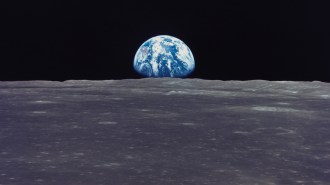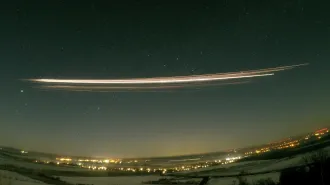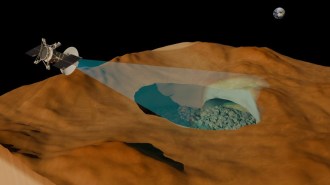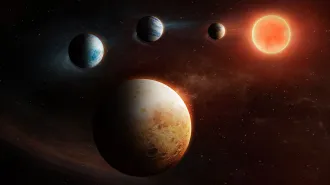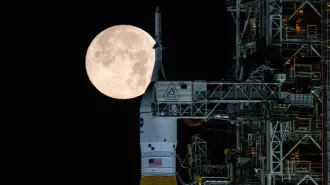50 years ago, scientists found a lunar rock nearly as old as the moon
Excerpt from the March 30, 1974 issue of Science News
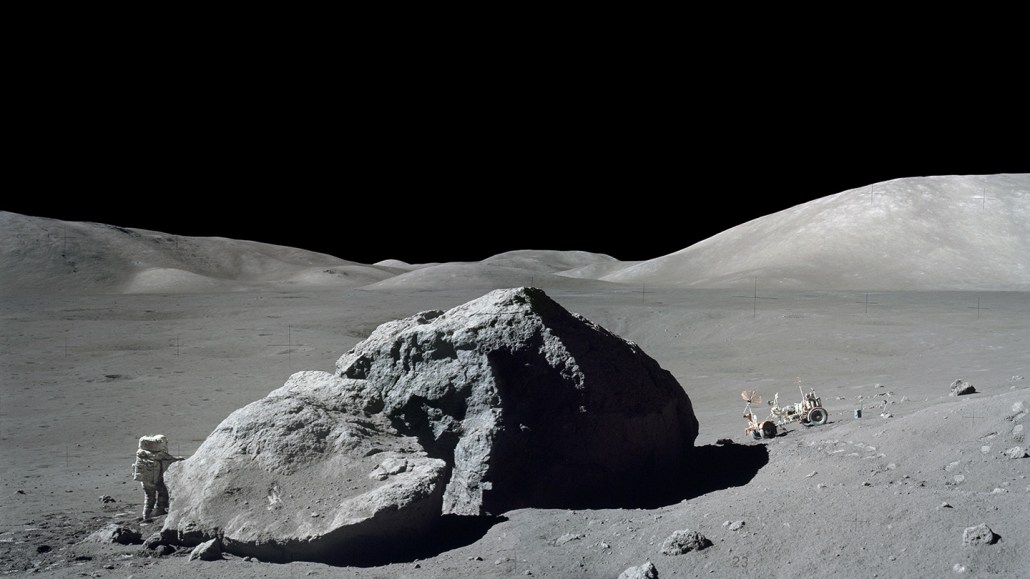
In this composite image, Apollo 17 astronaut Harrison Schmitt stands next to a lunar boulder. A sample collected from such a boulder proved to be nearly as old as the moon itself.
Gene Cernan/NASA
